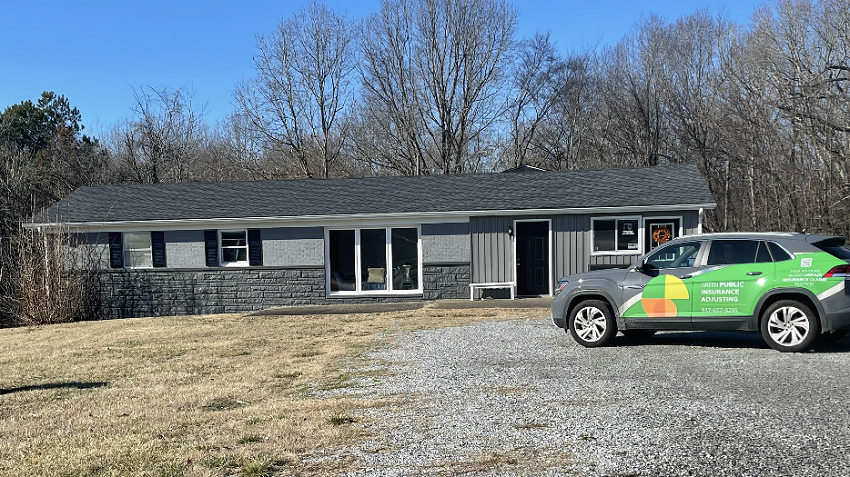In general, a public adjuster may not invoice for or receive compensation from extra-contractual damages (e.g., bad faith, emotional distress, punitive damages, etc.) awarded through litigation. Here’s a breakdown of the key issues:
🛑 1. Scope of a Public Adjuster’s Role
Public adjusters are typically only authorized to:
- Adjust and negotiate insurance claims on behalf of policyholders
- Receive compensation based on a percentage of the insurance policy proceeds
- Work within the administrative or appraisal process — not litigation
Most state laws (including Ohio, California, Florida, and others) explicitly prohibit a public adjuster from representing the insured in court or being compensated based on outcomes that go beyond the scope of the policy.
⚖️ 2. Extra-Contractual Damages Are Legal Remedies
Extra-contractual damages fall outside the insurance contract and are typically awarded by a judge or jury due to bad faith by the insurer. They may include:
- Punitive damages
- Damages for mental anguish or delay
- Attorney’s fees awarded by the court
These are legal remedies, and only attorneys may claim fees or be compensated based on their recovery. Public adjusters cannot tie their compensation to these awards, as doing so may be considered:
- Unauthorized practice of law (UPL)
- A violation of fee cap or licensing statutes
📑 3. What Public Adjusters Can Bill For
Even during or alongside litigation, a public adjuster may invoice for:
- Services rendered prior to litigation (e.g., estimate prep, policy interpretation, settlement negotiations)
- Appraisal work, if operating as an appraiser (not advocate)
- Services that are clearly documented and based on contractual insurance benefits only
✅ Recommended Practice
If a public adjuster is asked to assist on a file where extra-contractual damages are in play, they should:
- Have a written agreement that limits scope to pre-litigation or appraisal services
- Avoid billing based on legal outcomes or a percentage of litigation recovery
- Coordinate with the policyholder’s attorney, if involved, to ensure compliance with state law
Closing Thoughts
While it’s natural to want to be fairly compensated for your time and expertise, public adjusters must operate within the boundaries of their licensure and ethical standards. Attempting to invoice against bad faith settlements or extra-contractual damages can expose you to serious legal and regulatory risks—including accusations of unauthorized practice of law. Staying compliant protects not just your business, but the trust clients place in your services. When in doubt, consult legal counsel or your state’s department of insurance before stepping beyond the policy.





